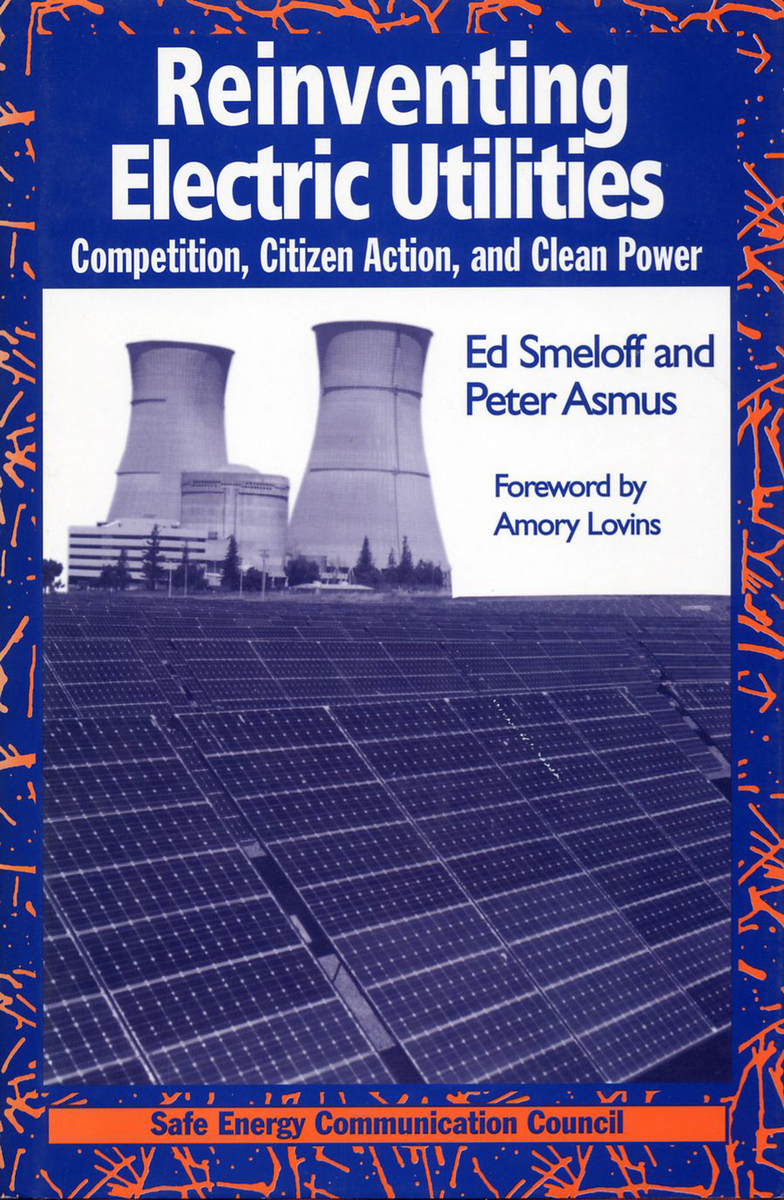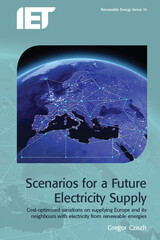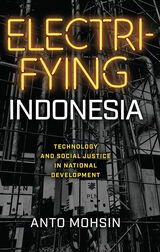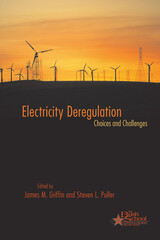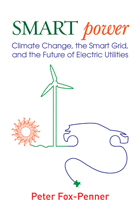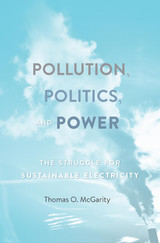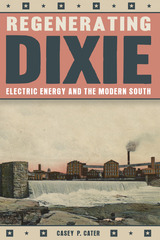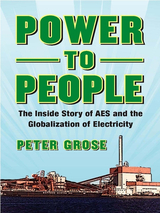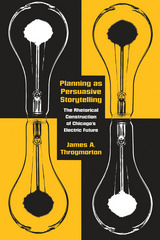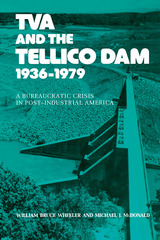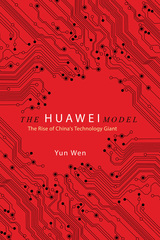eISBN: 978-1-59726-249-1 | Paper: 978-1-55963-455-7 | Cloth: 978-1-55963-454-0
Library of Congress Classification HD9685.U5S55 1997
Dewey Decimal Classification 333.79320973
Traditionally protected as monopolies, electric utilities are now being caught in the fervor for deregulation that is sweeping the country. Nearly forty states have enacted or are considering laws and regulations that will profoundly alter the way the electric utility industry is governed. Concerned citizens are beginning to ponder the environmental implications of such a change, and while many fear that the pressure of competition will exacerbate environmental problems, others argue that deregulation provides a tremendous opportunity for citizens to work toward promoting cleaner energy and a more sustainable way of life.
In Reinventing Electric Utilities, Ed Smeloff and Peter Asmus consider the challenges for citizens and the utility industry in this new era of competition. Through an in-depth case study of the Sacramento Municipal Utility District (SMUD), a once-troubled utility that is now widely regarded as a model for energy efficiency and renewable energy development, they explore the changes that have occurred in the utility industry, and the implications of those changes for the future. The SMUD portrait is complemented by regional case studies of Portland General Electric and the Washington Public Power Supply System, the New England Electric Service, Northern States Power, the Electricity Reliability Council of Texas, and others that highlight the efforts of citizen groups and utilities to eliminate unproductive and environmentally damaging sources of power and to promote the use of new, cleaner energy technologies.
The authors present and explain some of the fundamental principles that govern restructuring, while acknowledging that solutions will depend upon the unique resource needs, culture, and utility structure of each particular region. Smeloff and Asmus argue that any politically sustainable restructuring of the electric services industry must address the industry's high capital cost commitments and environmental burdens.
Throughout, they make the case that with creative leadership, open and competitive markets, and the active participation of citizens, this upheaval offers a unique opportunity for electric utilities to lessen the burden of electricity production on the environment and reduce the cost of electric services through the use of more competitive, cleaner power sources.
While neither technological innovation nor the magic of the market will in and of itself reinvent the electric utility industry, the influence of those dynamic forces must be understood. Reinventing Electric Utilities is an important work for policymakers, energy professionals, and anyone concerned about the future of the electric services industry.
See other books on: Competition | Decentralization | Electric utilities | Energy | Renewable energy sources
See other titles from Island Press
